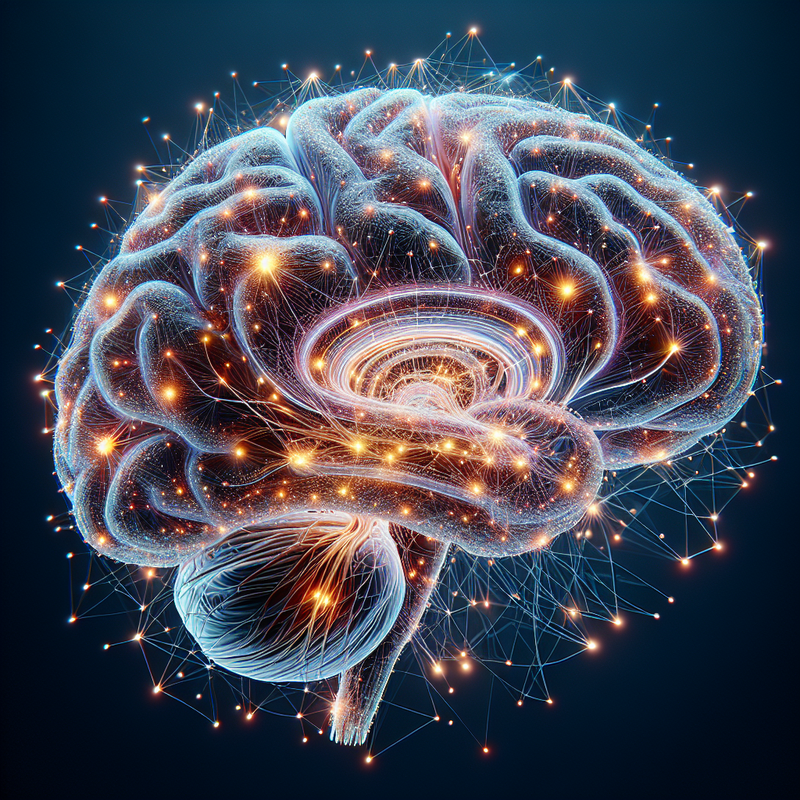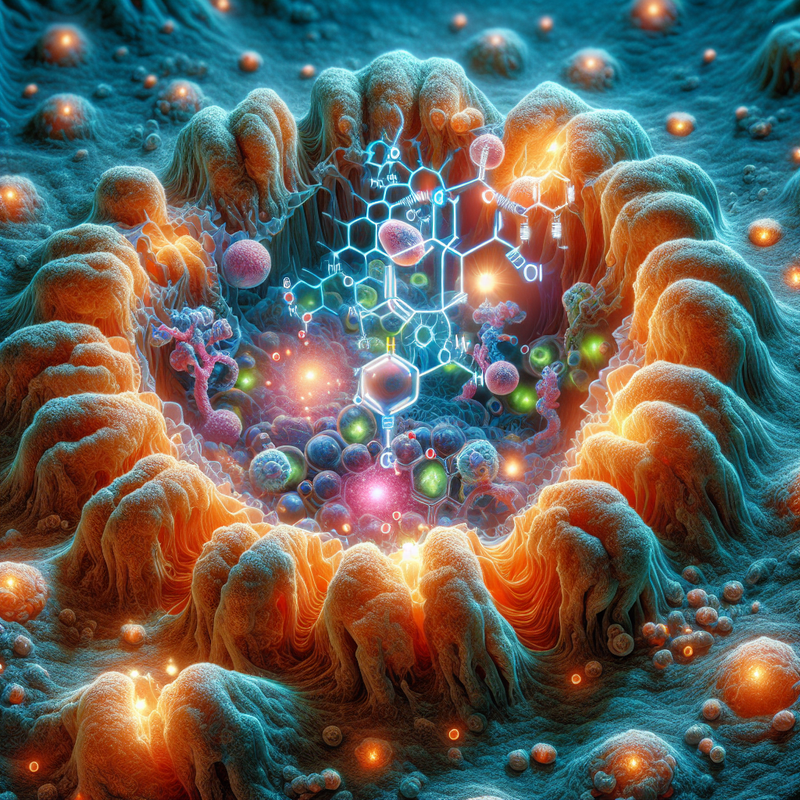The practice of microdosing
Consuming incredibly low, non-hallucinogenic amounts of psychedelic substances such as psilocybin—has grown in popularity due to anecdotal reports of its ability to uplift moods, spur creativity, and reduce symptoms related to stress, anxiety, and depression. These purported effects are under rigorous scrutiny by researchers, with some suggesting that the changes experienced may be a result of placebo rather than the actual substance. This article is a deep dive into the scientific data, firsthand accounts, and ongoing debates about the potential health benefits linked to microdosing psilocybin.
Investigating the Science and Personal Accounts
The routine for microdosers typically means ingesting about a tenth or a twentieth of the dose that would induce a full-blown psychedelic experience, done every few days, with the goal of bolstering mental and emotional functioning devoid of notable perceptual shifts. Data from a 2022 investigation by Maastricht University indicated a noteworthy uptick in both mood elevation (21%) and mental agility (16%) among microdosing participants in comparison to a placebo cohort. However, the study’s principal investigator, Dr. Natasha Mason, highlighted that the empirical evidence was not as definitive as the participant experiences, hinting at the intervention of a placebo effect.
Conversely, survey outcomes and singular narratives paint a picture of substantial positive changes in mental wellness. A University of Toronto survey reflected over 70% of participants witnessing these advantages, while personal stories tout an uptick in vocational focus and innovative capacity. A graphic artist shared their experience, stating that the practice seemed to have unlocked a previously inaccessible mental state. However, a study by Imperial College London in 2021 threw light on the influence of the participants’ expectations, where just the anticipation of benefit from microdosing psilocybin seemed to spur reported enhancements, as stated by the study’s chief researcher Dr. Balázs Szigeti.
Experts advise caution, particularly for those with pre-existing psychological issues, alluding to the possibility of tolerance development and the exacerbation of adverse symptoms like increased restlessness and moodiness. Renowned journals such as the Journal of Psychopharmacology echo this sentiment of careful consideration. Research specialist Dr. Harriet De Wit points out that microdosing might not be a universally suitable approach.
In a groundbreaking 2023 study published in Nature Scientific Reports, researchers spotted indications of heightened neuroplasticity markers among study participants, hinting at possible subtle cerebral modifications. Nonetheless, as stated by Dr. Robin Carhart-Harris, it is yet uncertain whether these alterations amount to persistent benefits.
The Intersection of Mindset and Molecular Effects
Despite personal reports of transformation, the scientific domain remains steadfast in demanding more evidence to assess the genuine efficacy and therapeutic capacity of microdosing. Distinguishing between psychological and biological impacts remains an unresolved puzzle. As research continues to unravel the complexities of microdosing psilocybin, it is crucial for interested individuals to stay well-informed and to consult health professionals where feasible when exploring this promising yet intricate field.







